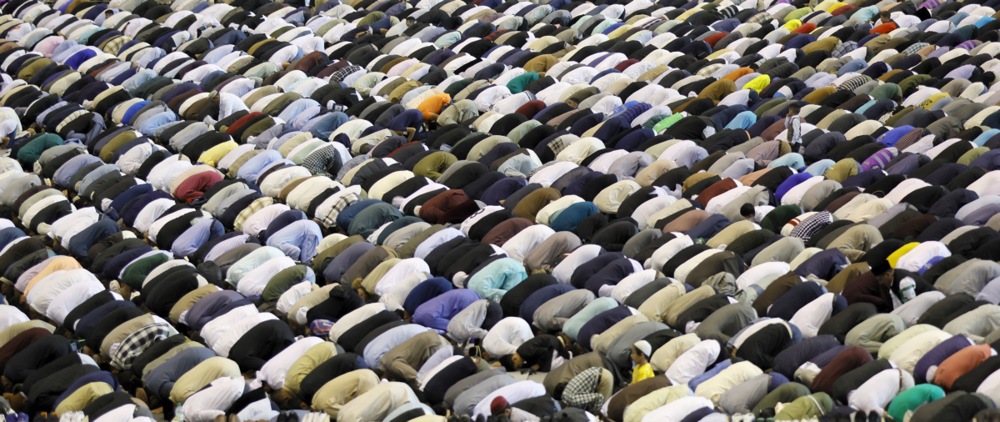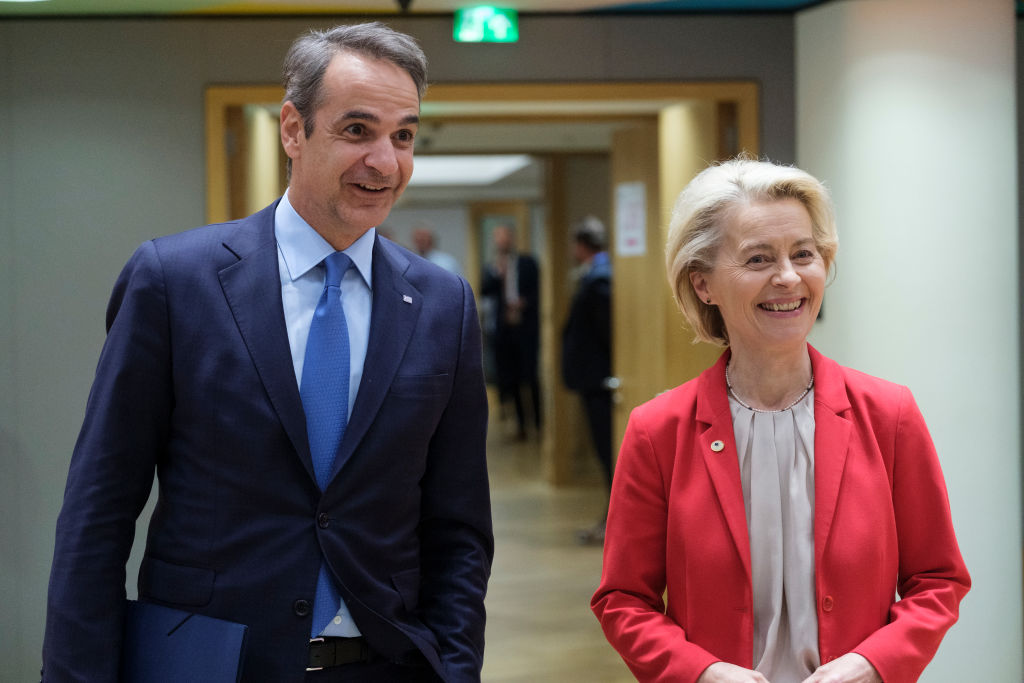India, the largest democracy on earth, is heading to the polls right now. Yet you have to ask how many Europeans have even bothered to look up and consider this phenomenon: a population of 1.4bn pulling all the adult men and women to voting booths to make their democratic choice.
That is a lot of multi-millions having a voice. Hear me roar.
Still, some who do follow the Indian elections now appear critical and concerned. Could they be right?
The polling goes on from 19 April to 1 June 2024. The 969m voters go in seven phases to elect all 543 members of the Lok Sabha. The Indians, in this vast sweep to the polls, never forget this vote is like nothing else anywhere.
Yet this boast does not seem enough for many Western liberals, who lash out against it — to an extent that has led to allegations by India’s Prime Minister Narendra Modi of “foreign interference” in his country’s elections.
Last year India’s economy was the fastest growing in the world. Under Modi, the Asian superpower is becoming a geopolitical counterweight to China and the Central Asian states with Islamist and rogue tendencies, such as Pakistan.
Progressives in the West should normally be happy about it. They are not.
Indeed, India has lately been getting a lot of negative publicity by global legacy media. From the Guardian to the Financial Times and the Economist, reports on how bad a state the Indian democracy is in abound. A particular word seems to trigger the most negative of feelings: Hindutva.
Hindutva, which literally means hindu-ness, is a political ideology that favours the cultural hegemony of Hindus in India.
While its critics accuse Hindutva of discrimination against Muslims and Christians, it rejects differential laws based on religion. Yes, it is a form of nationalism. But at the same time it promotes egalitarianism through equality before the law.
In theory, treating everyone equally according to the Constitution is something that promotes liberty. What irritates liberals and progressives, however, is that under Modi’s Hindutva, India adheres to a concept of homogenised majority. For leftists, this is only allowed when done by Muslims and communists, but not by a democracy.
In fact, critics of India’s democracy strain at a gnat while swallowing a camel. They remain insensitive to prosecution of Christians in Africa, the Middle East or China, where Muslims are also oppressed. They do not care about human rights abuse under the Sharia law. They are seldomly seen protesting against the enforcement of an authoritarian and dystopian state of affairs in China.
China may as well be the elephant in the room here. It is bewildering, if not suspicious, that so many freedom-loving commentators and media are so tolerant to such a despotic state. Paradoxically, some proponents of democracy slam leaders like Narendra Modi, but are all for doing business with Beijing.
It is in this context that India is becoming a fly in the ointment. The stronger it grows, the more it questions China’s strategic depth – and upsets western reliance on Chinese manufacturing output and trade – as well as Beijing’s Belt and Road Initiative. This last decade Delhi has become an annoying success story, one that further promotes the establishment of a multipolar world.
So criticism kicks in. Although PM Modi has repeatedly called India the “mother of democracy” and vows to adhere to its values, some media are particularly harsh. Last week Bloomberg raised concerns about transparency, implying that the ruling party aims at rigging the result. The BBC recently accused Modi of “divisive speech” and “Islamophobia”.
Is Indian democracy perfect? Far from it. Much needs to be done to battle poverty, corruption and social exclusion. But the West, and Europe most of all, should focus on assisting India, which is expected to outpace the EU as an economic power in the near future, to strengthen and enhance its polity, instead of undermining it.
To anyone who is a true friend of freedom, an imperfect democracy – especially in a booming superpower that has double the population of Europe – is far better than any tyranny.





North Macedonia’s Macedonia, or Greece’s Macedonia? Feud goes on